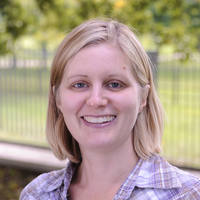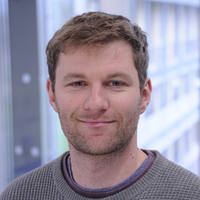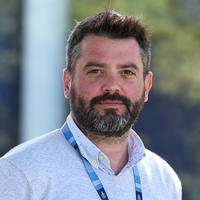High throughput gene editing
Cellular Operations
Archive Page
This page is maintained as a historical record and is no longer being updated.
The High-Throughput and Gene Editing team was disbanded in 2019 with the formation of the new Gene Editing team at the Sanger Institute. This page is being maintained as a historical record of the team’s work at the Institute and is no longer being updated.
The High Throughput Gene Editing team helped to deliver the gene editing requirements of the Institute's faculty and research.
We did this by:
- Supporting the gene editing needs of the Institutes varied research programmes, through the adoption of modern genome editing techniques.
- We aimed to optimise and develop genome editing tools and platforms to provide an agile, project focused, cost effective and efficient service for our collaborating partners.
- We provided training, resources and technical support for research groups and their staff.
Our people
Previous core team members

Ms Kay Clarke
Advanced Research Assistant

Dr Miriam Smith
Staff Scientist

Dr Tristan Thwaites
Former Senior Scientific Manager at the Sanger Institute
